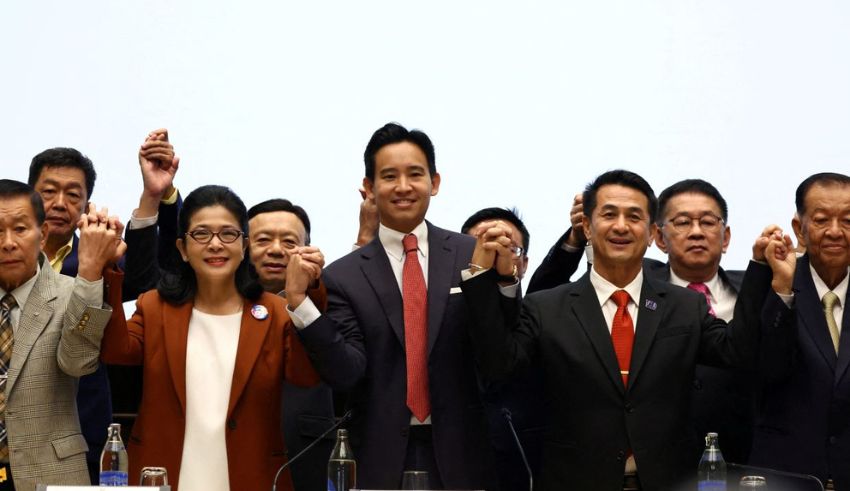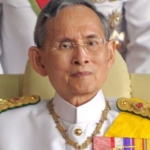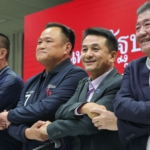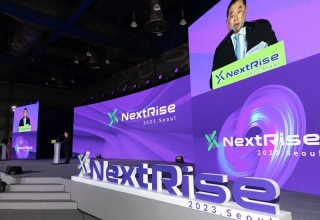
In a significant development in Thailand’s political environment, the Move Forward Party has announced its decision not to support the Pheu Thai Party’s Prime Ministerial ambition. The decision exemplifies the difficulties of coalition politics and the shifting dynamics as parties vie for leadership in the country’s administration.
The decision of the Move Forward Party to withdraw its support for the Pheu Thai Party‘s Prime Ministerial nominee highlights the complexities of Thailand’s political coalitions. The move has ramifications for the creation of a possible coalition government as well as the sharing of power among various political groupings.
One of Thailand’s most significant political forces, the Pheu Thai Party, has endeavored to acquire the necessary support to lead the government. However, the Move Forward Party’s decision to withdraw from this bid indicates a shift in political goals and strategy.
The complexities of coalition-building and power-sharing are increasingly coming to the fore as Thailand’s political environment evolves. Political parties are attempting to strike a balance between their own goals and aspirations and the necessity to build cohesive and successful governing organizations.
The choice of the Move Forward Party also emphasizes the importance of numerous aspects such as policy alignment, public sentiment, and internal dynamics. The party’s position reflects a rigorous examination of its own aims as well as the probable consequences of supporting or opposing individual Prime Ministerial contenders.
Keep Reading
While the decision may add uncertainty to the political landscape, it also serves as a reminder of the fluid nature of coalition politics and the compromises that decide the trajectory of governing. The circumstance emphasizes the importance of political parties making strategic decisions and communicating effectively as they traverse the path to power.
As Thailand’s political landscape evolves, citizens and international observers constantly monitor developments and assess the probable outcomes of these political moves. The Move Forward Party’s decision not to endorse the Pheu Thai Party’s Prime Ministerial ambition complicates an already complicated political situation.
Finally, the Move Forward Party’s rejection of the Pheu Thai Party’s Prime Ministerial ambition demonstrates the complications of coalition politics and building a government in Thailand. The decision reflects the Move Forward Party’s strategic concerns and priorities, while also shedding insight on the broader dynamics of political alliances and power-sharing arrangements.



























